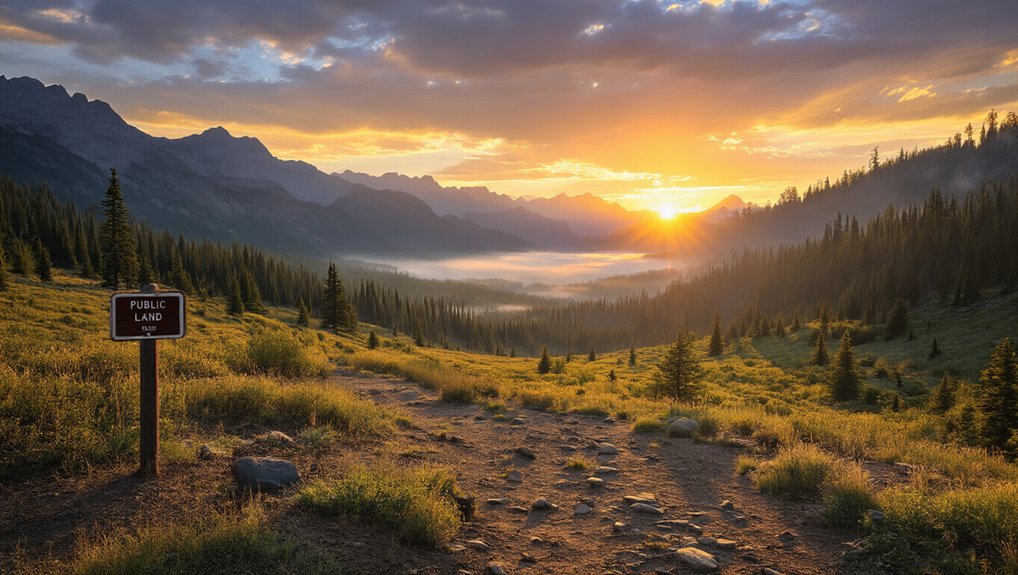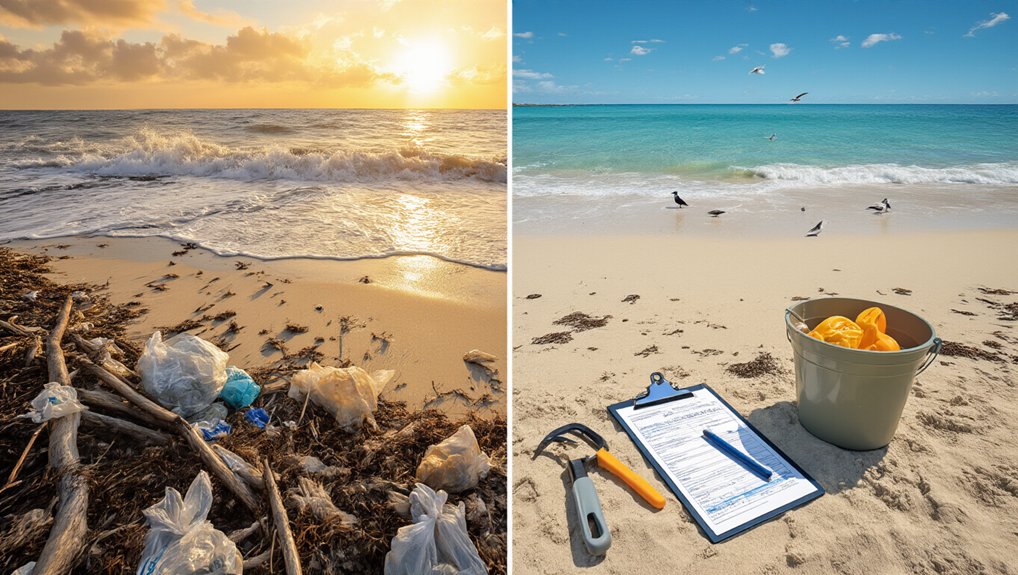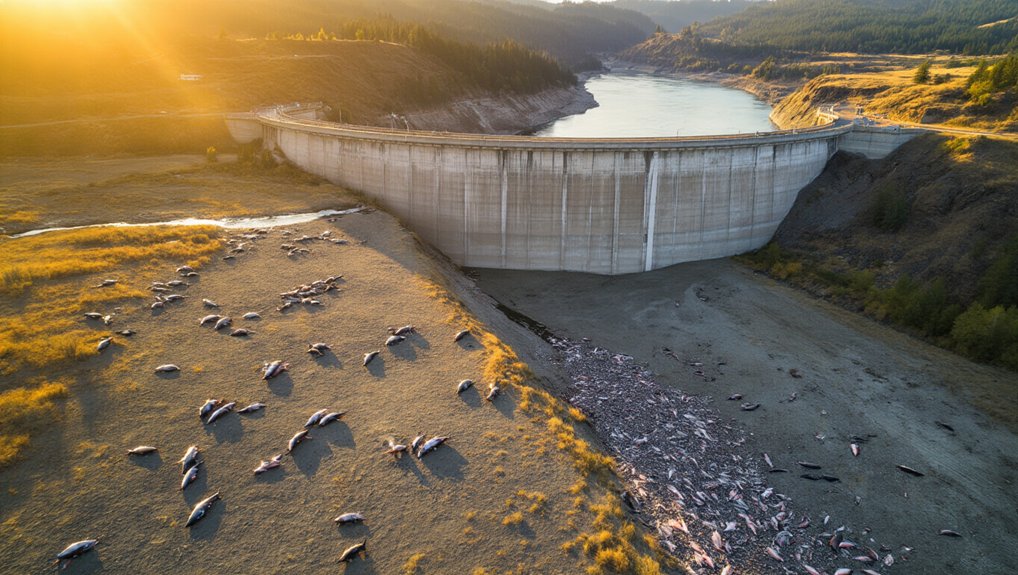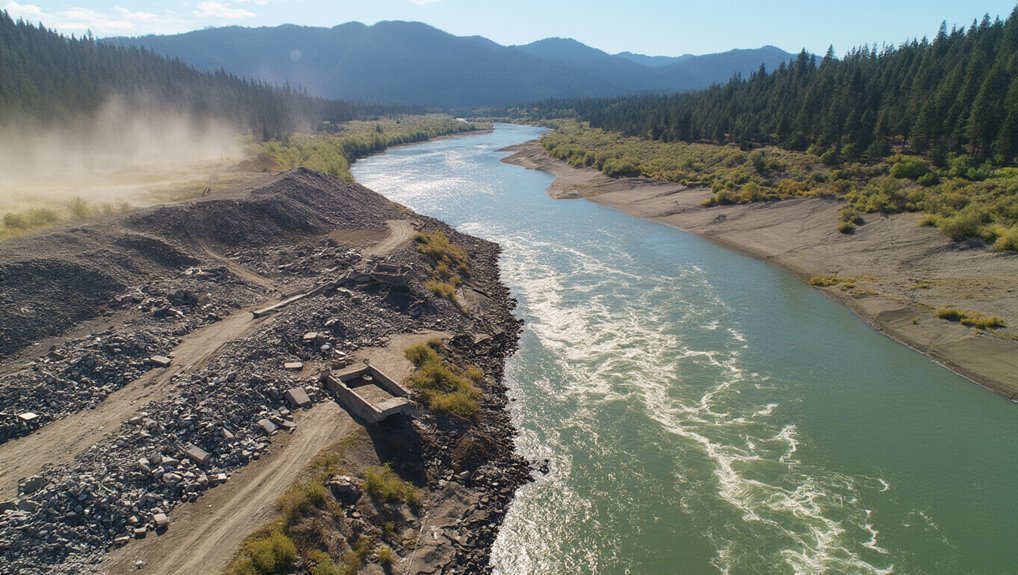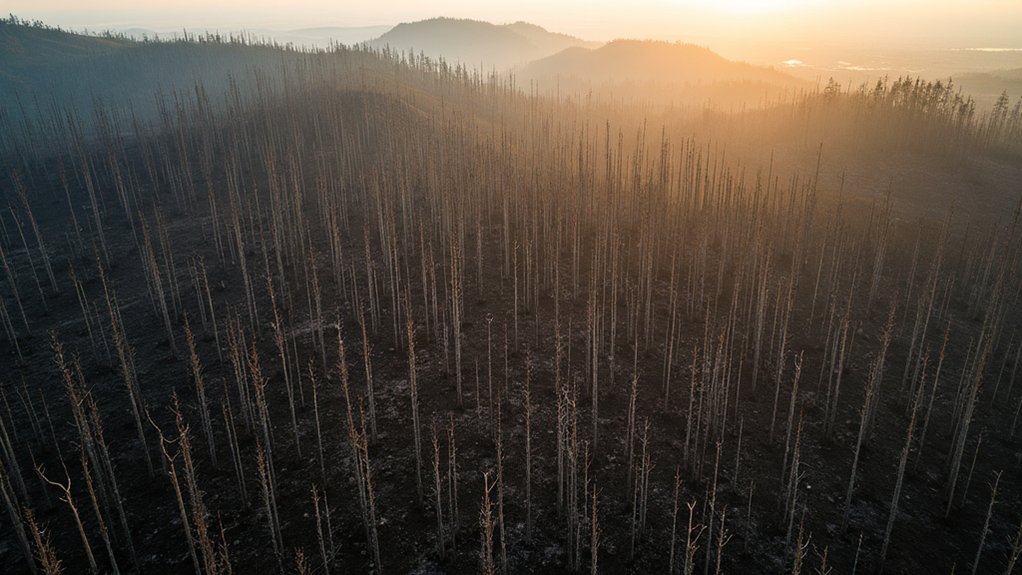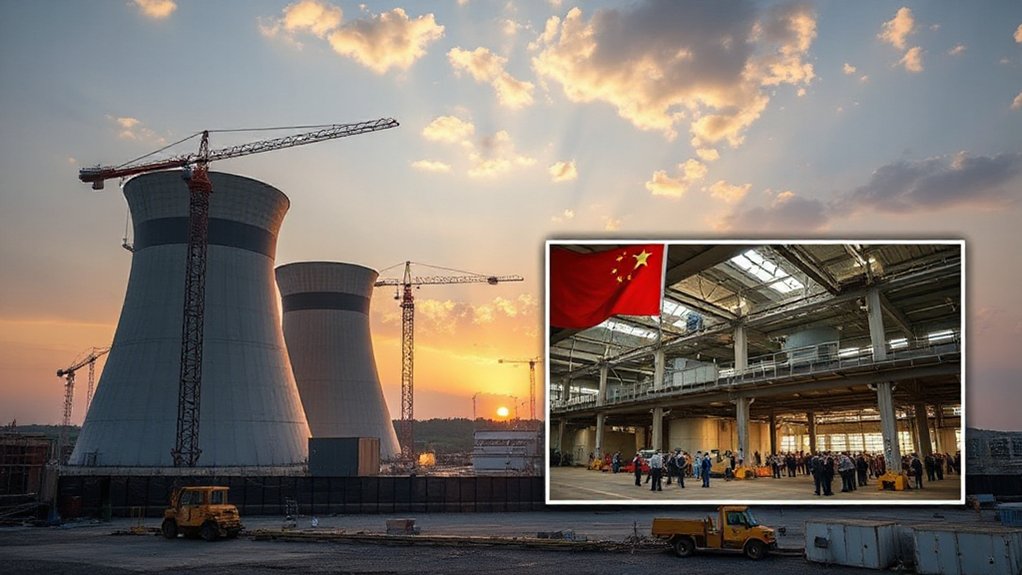While Congress quietly advances budget bills, a sweeping provision threatens to auction off over 250 million acres of America’s public territories. The Senate and House versions target Bureau of Land Management and Forest Service regions across eleven western states, with mandatory sales of 2-3 million acres. Alaska, Arizona, California, Colorado, Idaho, Nevada, New Mexico, Oregon, Utah, Washington, and Wyoming face the chopping block.
The scale is staggering. Nearly 100,000 miles of trails could vanish behind private property signs. Recreation areas, wilderness study areas, inventoried roadless areas, even critical wildlife habitats—all fair game. Limited exemptions mean current protections won’t save these places from the auctioneer’s gavel.
Pronghorn, sage grouse, mountain lions, and native trout call these lands home. Essential watersheds and intact terrains that support biodiversity across the American West hang in the balance. Conservation groups aren’t mincing words. These aren’t “disposable” lands—they’re ecological lifelines. Habitat fragmentation, disrupted migration corridors, species at risk. The proposed sales pile onto increased oil and gas leasing, mining roads, and expanded timber sales. Talk about kicking ecosystems while they’re down.
Ancient cultural sites, gateways to national parks, beloved recreational destinations—gone. Hikers, hunters, anglers, backpackers, campers all lose access. Public hunting and fishing opportunities, especially prized in western states, could disappear overnight. Local communities depending on outdoor tourism face economic devastation. Sovereign Tribal Nations find themselves excluded from bidding on their own traditional lands, denied the right of first refusal that could preserve sacred sites and ancestral territories.
The Arctic Refuge, Otero Mesa, Owyhee Canyonlands, Snoqualmie—iconic places on the auction block. Critics smell something rotten. Private and extractive industry interests benefit while budget savings provide political cover. These disposal measures snuck into budget reconciliation bills move fast with minimal debate or public input. Setting dangerous precedents? You bet.
Broad opposition crosses party lines. Americans overwhelmingly support keeping public lands public. But embedded provisions advance anyway, part of larger efforts to privatize or hand federal lands to states. The push represents decades of pressure finally finding legislative opportunity.
Congress moves forward. The legislation aims to generate revenue to fund Trump’s agenda, a stated goal that connects land disposal directly to broader political objectives. These forests currently offset 13% of emissions from U.S. greenhouse gases, making their preservation crucial for climate stability. Millions of acres await their fate. The gavel hovers, ready to fall on America’s wild heritage.
References
- https://www.wilderness.org/articles/blog/congress-making-more-250-million-acres-public-lands-available-sale
- https://www.wilderness.org/articles/media-resources/250-million-acres-public-lands-eligible-sale-senr-bill
- https://www.outdooralliance.org/blog/2025/6/16/33millionacres-publicland-selloffs-map
- https://westernwatersheds.org/2025/06/new-map-exposes-lands-targeted-for-sale-in-senate-budget-proposalnew-map-exposes-lands-targeted/
- https://www.grandcanyontrust.org/blog/senate-budget-bill-proposes-massive-sale-of-national-public-lands/
